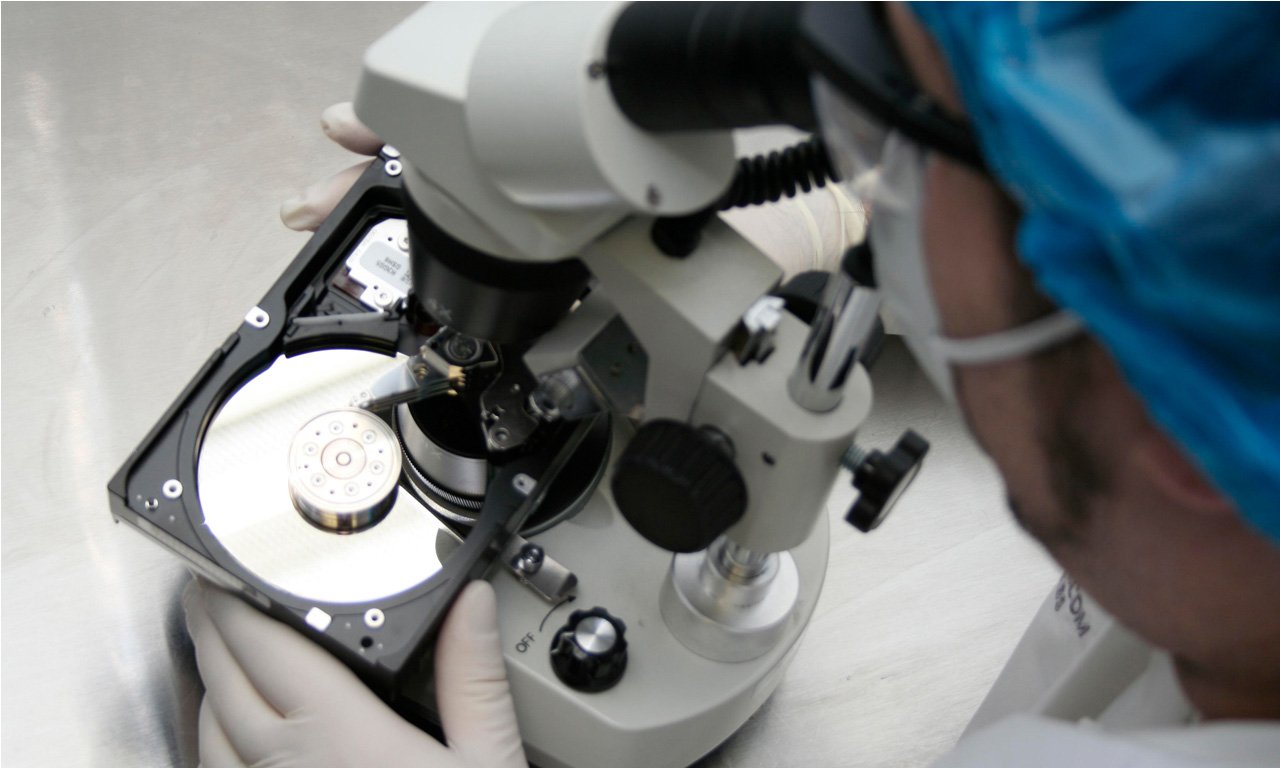5 Tips to Avoid Catastrophic Data Loss
By Matt Brennan
There’s a feeling of devastation in the moments after you realize you’ve suffered a significant data loss. When you lose valuable information that your business depends on, it can cripple your ability to function. In extreme cases, it can force a company out of business.
Thankfully, there are steps that can be taken to reduce the likelihood of data loss crippling your organization. With some simple steps, you can avoid data loss altogether, or at the minimum, reduce its impact.
Always Back Up Your Data
Backing up your data on a consistent, regular basis is key to avoiding a catastrophic data loss. This is the act of keeping a copy of your original data on a separate disk media. USB drives, removable hard drives, and cloud storage all offer companies a means to back their data up. If the data is critical to your organization, off-site backups may be the way to go.
Backing up data is an act that may require some discipline. You might have to stop working for long enough to make these backups. But it is an act you won’t regret in a worst-case-scenario.
Complete Your Software Updates
The purpose of software updates is often to protect your system from specific vulnerabilities. Many of these perspective vulnerabilities can be damaging to your data. This is why it’s important to keep up with updates as you are notified. You can also run system checks to determine what software has available updates.
Anti-Virus Software is Critical
It’s important to be proactive in protecting your computer from malicious viruses, malware, trojans, and other problems. When viruses operate in the background they can change or delete much-needed data, causing any number of significant problems. A strong anti-virus program with firewalls can help prevent the spread of viruses through the internet. They offer added levels of security and decrease your vulnerability.
Run Disk Defragmentation Programs
As more programs are used, it can cause an internal mess on the back end of your computer’s hard drive. Disk defragmentation cleans up temporary and unused files. It creates a clean working environment that is less stressful to your machine. This ensures data is organized in a more contiguous manner, that is easier to access in the event of a recovery. It’s recommended to run this every few months.
Practice Good Usage Habits
Protect your network from unknown users. It’s the best way to prevent someone with malicious intent from getting in. When you receive emails with attachments from unknown users, it’s best to ignore them. Make sure that your firewalls are set to higher standards.
Past that, it’s important to continuously save your documents as you make changes to them. This prevents data loss if an application unexpectedly quits.
Prevent a Worst-Case Scenario
As technologies progress, so do the many ways that companies can lose their data. The truth is that many of the crises’ that data recovery companies respond to are preventable. Implementing some of the above tips can help you to safeguard data.





















Great company!
I think it is the best company in the world regarding data recovery. They take all types of recovery cases with great responsibility and ensure they work with the best possible solution for your specific case. I highly recommend it.
Superb effort
Superb effort from werecoverdata. I had no idea how to fix it when I faced a horrible problem with my RAID NAS. But they solved it very quickly and superbly. I recommend them!
Fantastic results
Thanks to all staff of werecoverdata for excellent work and for getting my company data back! I got frustrated when a deadly drop damaged my hard drive. But they solved it!
Thanks
Few days ago my raid server is crashed dangerously. It was not starting any more. I tried in a various way whatever I know but I could not fix it. My uncle told me about WeRecoverdata. Then contact with them and they repaired it. Thank you guys.
Recover service
Those are suffering bad experience of getting a reliable and professional recovery service provider, definitely, they can choose werecoverdata. I highly recommend it.
Thanks a lot
The location is a bit hard to find out but eventually, I did. They recovered my hard drive, which was mostly dead. Thanks a lot.
Great response
Definitely weRecover team is great to solve that kind of hard drive problem. Great response and remarkable. They recovered my all data successfully within short time. I wanna give special thank to David. Thanks a lot man.
Liked Your Service
I have been using my HP laptop since 2016. Few months ago I could not open my laptop. After pressing the power button its showing nothing. My friend told me about that company. They recovered my laptop. Now its working perfectly. Thanks a lot WeRecoverData.
Pretty good experience
It was really pretty good experience. They are so professional, punctual and reliable. I strongly recommend it.
Remarkable Work
A lot of thanks to werecoverdata. You did really remarkable work. I was frustrated when lost my important data from a hard drive. I sent my hard drive to WRD then they got all the data back. At first, I couldn’t believe anyone can recover it since my computer tech said he can’t do it. All credit goes to werecoverdata.
Gorgeous service
Fantastic service from all the guys at werecoverdata. I was having pressure when corrupted data from my hard drive .Then I went there and they fixed it superbly.Thanks for removing the pressure!
Extremely well
I faced horrible problem but they solved it extremely well.My problem was that hard drive crashed dangerously.At this moment I thought the sky was broken on my head.Thank you for that.
Sensible
Thanks to WeRecoverData. You fixed the hard drive problem promptly. I am impressed… Anybody can rely on werecoverdata.
Well done
Thank you
Great work
Obviously great work from werecoverdata.Definitely no doubt about this company because they take seriously to solve any kinds of problem.I have lot of assurance at them.A lot of thanks to them.
Fantastic work
Oh Tom really fantastic work. You saved my important days. Raid 5 server damaged dangerously few days ago. But you fixed it well. Thank you for that!
Great efforts
All credits goes to werecoverdata for recovering raid server.I thought impossible to repair it but they was taken sensible and fixed it.Now I can fully trust on werecoverdata.All thanks to them.
Helpful Work
Werecoverdata, you did a really very helpful work.I was angry when my hard drive got dropped from my mistakes. I recommend the company and give a lot of thanks to werecoverdata.
Best service
After my hard drive crashed I was going to be totally mad. One of mu cousin suggested me to meet that company. I did and got the best service ever I had.
Remarkable Job
AWESOME service from WeRecoverData. I was almost mad when my pc crashed. A lot of valuable data in my hard drive. One of my friend recommend it. I thought it will not be possible.
But after all I got back my all data. Thank You WeRecoverData.